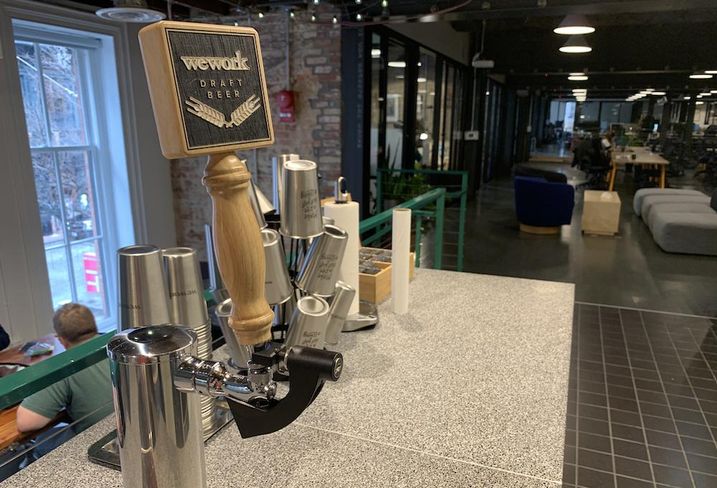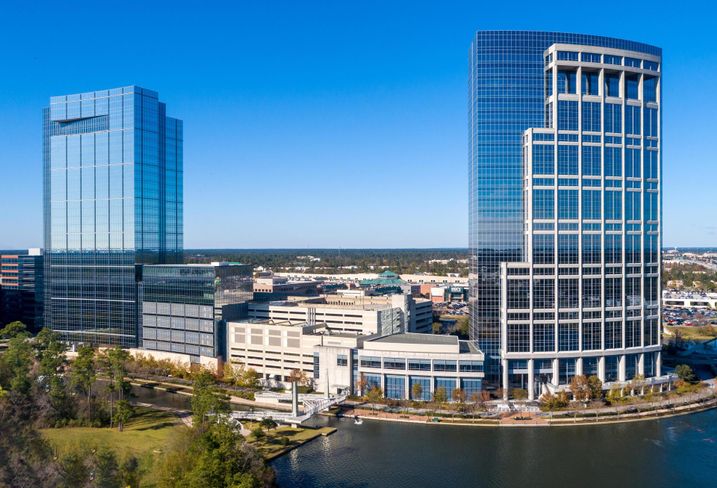
Bye Bye, Booze: WeWork Killing Kegs At North American Locations NationalCoworking January 27, 2020, Ethan Rothstein, East Coast Editor Bisnow/Ethan Rothstein A beer tap is kept locked in a Washington, D.C., WeWork location. WeWork’s free beer taps, one of the defining attributes of the halcyon days of the coworking company, are almost kicked. WeWork is phasing out free beer and wine at it North American locations, a spokesperson confirmed to Bisnow Monday. The company doesn’t have kegs at all of its 600-plus locations, but they were staples of WeWork’s earliest outposts, which were also its most successful, according to WeWork’s financial disclosures last year. By the end of February, the taps will all be phased out, the spokesperson said. Business Insider first reported the change Monday morning. “Data from an expanded member satisfaction survey we conducted last year indicated many of our members wanted a greater variety of beverage options, and we are pleased to roll out these expanded offerings, including a selection of cold brew, kombucha, seltzer, and cold teas, in response,” WeWork said in a statement. “As part of this beverage refresh, WeWork will also phase out on-tap alcoholic beverages in U.S. and Canada locations and aims to complete this process by the end of February.” The beer and wine taps are expected to be replaced with nonalcoholic options, rather than removed. The decision came as a result of new WeWork Chairman Marcelo Claure’s go-forward plan for the business, and was prompted by a member survey, not as a cost-cutting move, a WeWork source said. Booze will still be served at WeWork happy hours and other events, the source added. Alcohol was once a pillar of WeWork’s identity, from bottomless-drink member parties to CEO Adam Neumann’s infamous penchant for shots of tequila. But the company was sued in 2018 by a former executive who said she was sexually assaulted twice at WeWork events, which she claimed “center around partying and reflect the frat-boy culture that starts at the top.” That litigation is still ongoing and is in the discovery phase, according to New York State court records. A month after the sexual harassment suit was filed, WeWork shifted its alcohol policy, from offering unlimited drinks and blatantly promoting consumption to a four-drink maximum. While the company claims cutting kegs isn’t about costs, its other recent stratagems have focused squarely on its blood-red balance sheet. After losing $1.25B in Q3 2019, WeWork nearly stopped leasing new spaces altogether in Q4, laid off 20% of its staff and has sold several previous acquisitions, including its stake in women-focused co-working company The Wing and digital meeting startup Teem in the last month.

